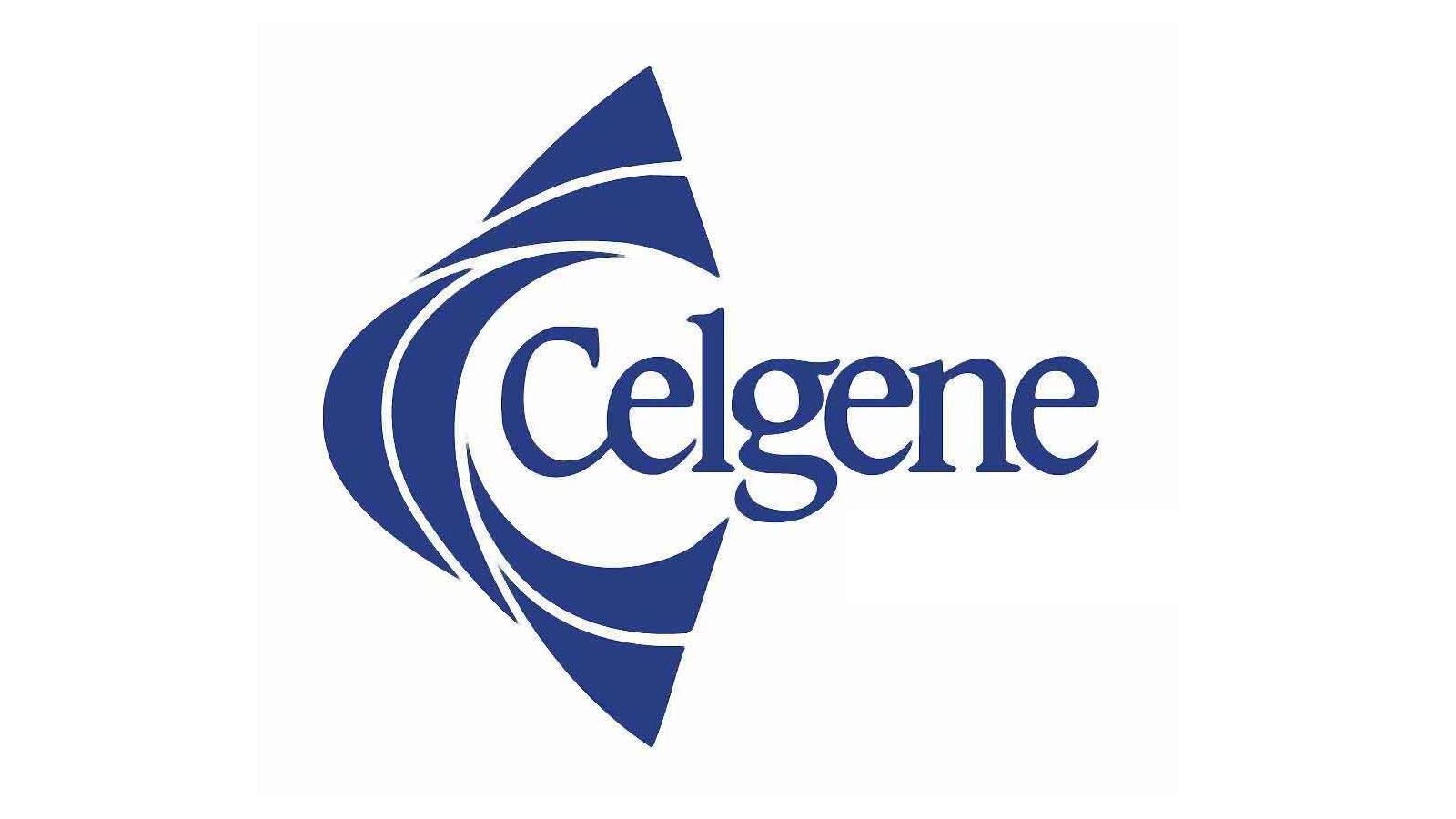Celgene axes gene silencing drug in Crohn's

Celgene has axed its gene silencing therapy in Crohn’s disease after an analysis of a phase 3 trial showed the drug was unlikely to produce results.
The decision looks likely to end the development of mongersen, a drug that Celgene paid $710 million for. The company will not continue with the phase 3 REVOLVE trial, or begin its extension phase, SUSTAIN.
The company is tipped to be one of the fastest growing mid-sized pharma companies over the next few years, but needs to diversify its revenues away from its multiple myeloma blockbuster Revlimid, which is set to earn $8 billion in 2017.
The loss of mongersen is a blow, especially as it had once been tipped to reach peak sales of $5 billion. However this estimate was overly optimistic, especially given the intense competition in Crohn's disease.
The news has hit the company's share price, but it far from catastrophic. Celgene has psoriatic arthritis drug Otezla on the market and growing, as well as its major pipeline hope, multiple sclerosis medicine ozanimod.
Celgene will not start a phase 3 DEFINE trial of mongersen in Crohn’s, and is waiting to review data from the phase 2 trial of the drug, codenamed GED-0301, in ulcerative colitis before determining next steps.
Although there were no safety issues identified, the REVOLVE trial’s Data Monitoring Committee recommended ending the trial following a futility analysis.
Celgene bought the drug in 2014 as part of a potential $2.6 billion deal from little-known Irish biotech Nogra Pharma, paying $710m up front with the rest in milestone payments.
At the time of the deal Celgene envisaged annual net sales of up to $4 billion – but this now looks highly unlikely.
An oral antisense DNA oligonucleotide, mongersen targets Sma7 mRNA, in turn decreasing the Smad7 protein.
This potentially impacts the signalling pathway that is overactive and causes gut inflammation in patients with Crohn’s disease.
[caption id="attachment_32971" align="alignnone" width="180"] Mark Alles[/caption]
Mark Alles[/caption]
In an interview last year, Celgene’s CEO Mark Alles told pharmaphorum that the bidding process for mongersen was “one of the most competitive” he had ever been involved in and that Celgene had eventually “won the molecule”.
The deal was part of Celgene’s strategy to diversify, and although the news is a setback, the company has been successful in developing new products for inflammatory diseases.
It has got its Otezla (apremilast) pill approved in psoriasis, which generated $358 million in Q2 alone, an increase of 49% on the same period last year.
Celgene is trying to develop Otezla for ulcerative colitis and plans a phase 3 trial next year if phase 2 data due before the end of this year is positive.
The company took a far bigger bet through its $7.2 billion acquisition of Receptos in 2015, which brought in another potential inflammatory diseases drug, ozanimod.
Ozanimod is in phase 2 development for Crohn’s disease, and phase 3 development is due to begin in the next few months. It is also in phase 3 development in ulcerative colitis.











